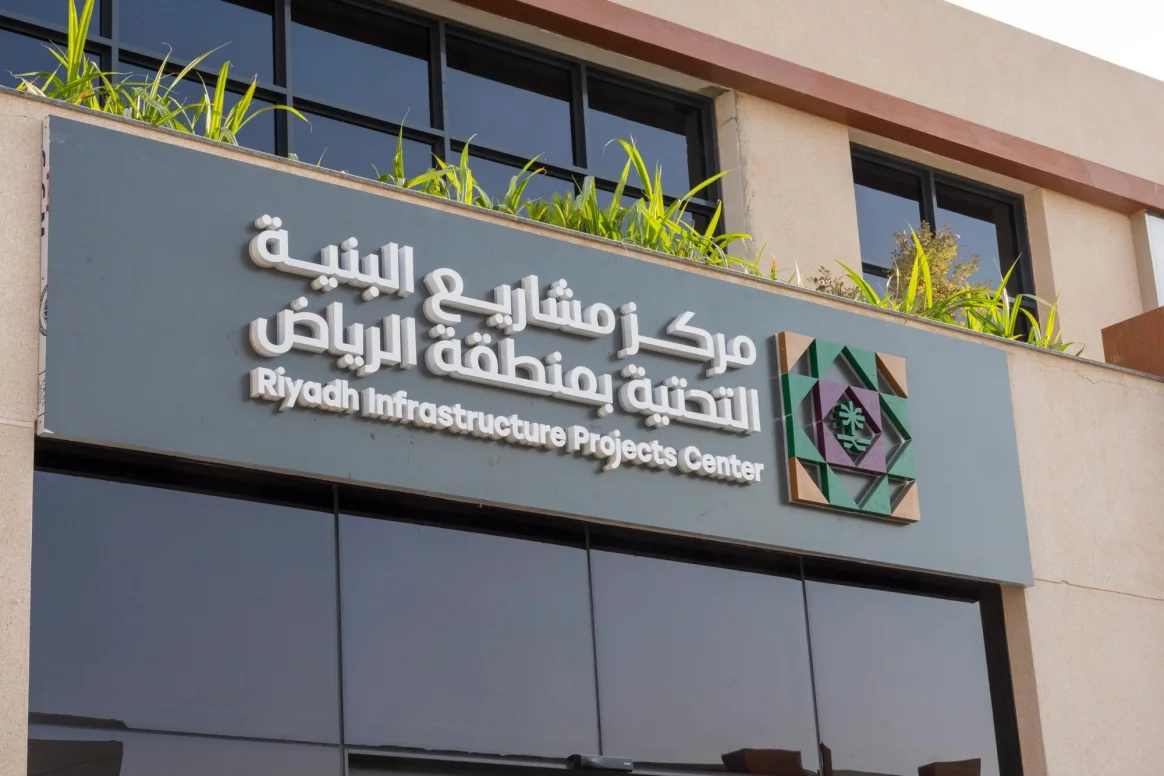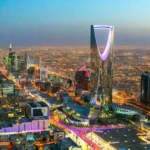The Riyadh Infrastructure Projects Center announced that the “Infrastructure Projects Code” will come into effect starting tomorrow (Thursday), serving as a unified regulatory and technical guide for infrastructure projects and a common reference for government and service entities, contractors, consultants, and laboratories.
The code includes projects by government and private entities, as well as major projects across the entire Riyadh region
The code aims to establish the necessary technical and regulatory requirements for planning, coordinating, executing, and monitoring infrastructure work in projects related to communications, energy, water, sewage, roads, and other services. It covers projects by government and private entities, as well as major projects across the entire Riyadh region, including the capital Riyadh, governorates, and villages in the area.
The code seeks to enhance integration among entities, unify standards, and improve the quality and safety of execution. It covers all stages of the project lifecycle, from project planning, obtaining necessary permits, notifying the start of work, executing tasks, developing traffic management plans, implementing safety and environmental procedures, up to the final site closure phase.
The code includes numerous standards and controls related to safety and barriers, permits, execution quality, site cleanliness, signage and information, dust and waste control, and accessibility to homes and public facilities.
The infrastructure code contributes to improving work quality and compliance levels, enhancing the on-site environment for projects, ensuring the safety of residents, pedestrians, and workers, and promoting smooth operations without disrupting daily life. The code requires contractors to provide safe pathways, coordinate traffic flow, secure the site around the clock, install standardized identification signs, implement warning lighting, clean the site daily, and update permits periodically.
Riyadh Infrastructure Projects Center
The Riyadh Infrastructure Projects Center (RIPC) is a government body in Saudi Arabia responsible for planning and overseeing major infrastructure developments in Riyadh. Established to support the city’s rapid growth, it plays a key role in projects aligned with Saudi Vision 2030, including transportation, utilities, and urban expansion. The center aims to enhance Riyadh’s infrastructure to meet future demands while improving quality of life for residents.
Infrastructure Projects Code
The “Infrastructure Projects Code” is not a specific cultural site or place but rather a set of guidelines or regulations governing the planning, development, and maintenance of infrastructure. Such codes are often established by governments or organizations to ensure safety, efficiency, and sustainability in projects like roads, bridges, and utilities. Their history varies by region but typically evolves in response to technological advancements and lessons learned from past infrastructure failures.
Riyadh region
The Riyadh region, located in central Saudi Arabia, is the heart of the country and home to its capital city, Riyadh. Historically a key trade and political hub, it became the center of the First and Second Saudi States before modern Saudi Arabia was unified in 1932 under King Abdulaziz Al Saud. Today, it is a bustling metropolis blending modern development with cultural heritage, including landmarks like Diriyah (a UNESCO site) and the Masmak Fortress.
Riyadh
Riyadh is the capital and largest city of Saudi Arabia, serving as the political, financial, and administrative hub of the country. Historically a walled oasis town along trade routes, it became the center of the Al Saud dynasty in the 18th century and grew into a modern metropolis after the discovery of oil in the 20th century. Today, it blends traditional heritage with skyscrapers, featuring landmarks like the Masmak Fortress and the Kingdom Centre Tower.
governorates
“Governorates” are administrative divisions or regions found in many countries, particularly in the Arab world, such as Egypt, Iraq, and Jordan. Historically, the term dates back to the Ottoman Empire, where provinces were governed by appointed officials. Today, governorates function similarly to states or provinces, each with local governance while remaining under the authority of the national government.
villages
Villages are small, rural settlements that have historically been the backbone of agricultural and communal life in many cultures. Often dating back centuries, villages typically feature close-knit communities, traditional architecture, and local customs tied to their region’s history. While modernization has changed many, some villages preserve ancient traditions, offering insights into the heritage and daily life of past generations.
public facilities
“Public facilities” refer to shared spaces and services provided for community use, such as parks, libraries, transportation systems, and recreational centers. These facilities have evolved over time to meet societal needs, often reflecting advancements in urban planning and public welfare initiatives. Their history varies by region but generally stems from the growth of cities and the recognition of collective well-being as a public responsibility.
Infrastructure code
“Infrastructure code” refers to programmable scripts or definitions (often written in languages like Terraform, Ansible, or Python) used to automate and manage IT infrastructure, such as servers, networks, and cloud services. Emerging with the DevOps movement, it enables version control, scalability, and consistency by treating infrastructure setup as software. This approach revolutionized IT operations, replacing manual configurations with reproducible, efficient, and error-resistant processes.





